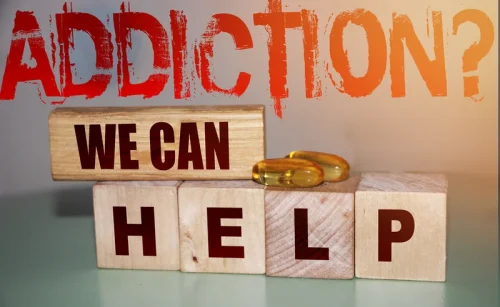
Knowing that you’re not alone in experiencing alcohol withdrawal can be comforting. A significant number of individuals who stop or reduce heavy alcohol use go through withdrawal symptoms. These statistics are a testament to the fact that withdrawal is a common and expected part of the recovery process. It’s a shared experience for many on the path to overcoming alcohol addiction, and there are numerous resources and support systems available to help you through it.

Social Support and Treatment Programs
For more information about the alcohol treatment programs we offer and how we can help you end your battle with alcohol and get back to a healthy life, contact FHE Health today. There are many support options available that can help guide you through alcohol withdrawal, as well as abstaining from alcohol after withdrawal. However, medical complications can occur during the acute phase of withdrawal.

Post-Recovery: Coping Strategies for Residual Shakes and Tremors

Without this support, the symptoms may become so uncomfortable that the individual relapses back to drinking or the symptoms can become life-threatening. The above medications are typically used in cases of moderate to severe withdrawal, so if you are experiencing only mild withdrawal symptoms, tremors may simply stop without any medication. If you do plan to quit drinking after a period of heavy or extensive alcohol use, it is always best to work with how to stop tremors from alcohol a medical professional, even if you think the shakes will go away on their own. You may not require treatment in the hospital for minor withdrawal, but a doctor can monitor your symptoms to ensure they do not become dangerous. If you’re concerned that your tremors might be the result of withdrawal, it’s best to reach out to a healthcare professional. While you can usually manage alcohol withdrawal syndrome on your own, it can be quite uncomfortable.

Seeking Professional Help for Alcohol Withdrawal in Georgia
- Medical supervision, behavioral health treatment, and mutual-aid groups can help you through alcohol withdrawal and stay stopped.
- Sometimes, hangover shakes can be a warning that more serious effects like DT might follow.
- Alcohol shakes, as evident by their name, are most common among individuals who suffer from alcohol addiction.
- Going through the detox and withdrawal process will likely be safer and more comfortable at a rehab center or medical facility than at a house or another location.
- Symptoms of DTs include severe confusion, rapid heartbeat, fever, hallucinations, and seizure.
Once symptoms of alcohol-related brain damage occur, they will continue to worsen if drinking continues. The only way to prevent a worsening of symptoms is to quit drinking, although this should not be attempted without professional help. The first thing you should do after seeking immediate medical attention for the alcohol shakes is to undergo detox treatment. When your detox is complete, the easiest and most beneficial way to move forward may be to start inpatient or outpatient substance abuse treatment. An alcohol detox program provides medical supervision, emotional support, and holistic therapies to provide comfort.
Alcohol withdrawal is easy to diagnose if you have typical symptoms that occur after you stop heavy, habitual drinking. If you have a past experience of withdrawal symptoms, you are likely to have them return if you start and stop heavy drinking https://ecosoberhouse.com/article/how-to-stop-alcohol-shakes-tremors/ again. There are no specific tests that can be used to diagnose alcohol withdrawal. The Recovery Village Atlanta offers comprehensive addiction treatment for drug and alcohol addictions and co-occurring mental health conditions.
When to Seek Medical Help
- They are often accompanied by other mild withdrawal symptoms like anxiety, nausea, and irritability.
- Alcohol is a depressant, slowing down parts of the brain and interfering with mood-regulating chemicals.
- If you opt for outpatient treatment, you’ll likely be given sedative drugs to take at home to ease withdrawal symptoms and have to get routine blood tests to make sure you’re staying on track.
- However, it is best to contact a healthcare professional for help with severe symptoms or if there is a chance DT can occur.
- In a medically supervised detox program, a team of healthcare professionals will watch over you as your body processes the remaining toxins from alcohol.
- Since there is an overlap of possible signs and symptoms, individuals may choose to contact a healthcare professional if they experience any of the above symptoms.
- In this amped-up state, an individual will begin to feel the symptoms of withdrawal, such as tremors, anxiety, sweating, hyperactivity, an elevated heart rate, nausea and vomiting.
- These groups include those who have had drinking problems in the past and now offer support to people wishing to overcome their drinking habits.
- Medical and addiction treatment professionals can best determine the appropriate detox and follow-up treatment program.
- During inpatient detox, doctors and nurses provide around-the-clock care, IV hydration, nutritional support, prescription medications, and therapeutic counseling services.
- It also provides an overview of the alcohol withdrawal timeline process and when to discuss your drinking with your healthcare provider.